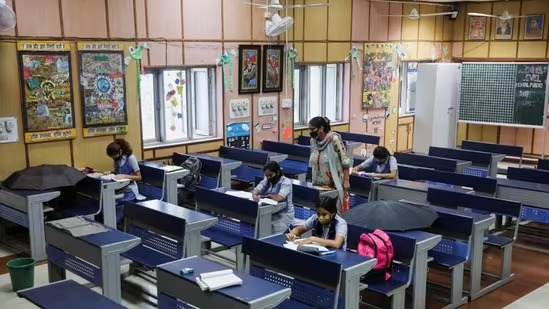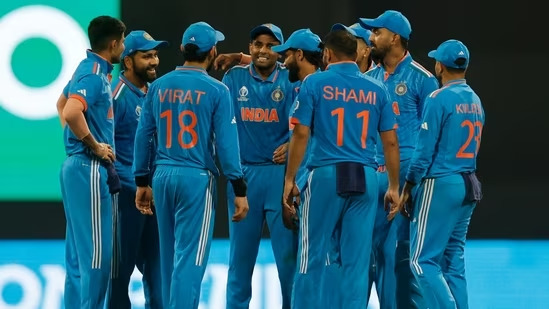In response to the alarming surge in air pollution levels in the national capital, Delhi Chief Minister Arvind Kejriwal has taken decisive action to protect the health and well-being of Delhi’s residents. He announced today that all government and private primary schools in the city will remain closed for the next two days.
The decision comes as Delhi grapples with severe air pollution, with the Air Quality Index (AQI) reaching a worrying high. At 5 pm today, the AQI in the city was recorded at 402, marking the worst air quality levels experienced this season. Over the past week, the air quality has continued to deteriorate, with a 24-hour average AQI of 364 on Wednesday, 359 on Tuesday, 347 on Monday, 325 on Sunday, 304 on Saturday, and 261 on Friday.
This announcement by Chief Minister Arvind Kejriwal follows closely after the Commission of Air Quality Management (CAQM) in Delhi-NCR issued an order stating that all actions outlined under Stage III of the Graded Response Action Plan (GRAP) for ‘severe’ air quality have been initiated with immediate effect. The expert panel emphasized the alarming rise in the average air quality index (AQI) in Delhi and expressed concerns that it is “only expected to increase further owing to the highly unfavorable meteorological and climatic conditions.”
The safety and health of Delhi’s residents, especially school-going children, are of paramount importance to the government. Closing primary schools for the next two days is a proactive measure aimed at reducing exposure to hazardous air pollutants and safeguarding the well-being of students.
The Delhi government is closely monitoring the situation and working diligently to address the air pollution crisis. Citizens are urged to follow the guidelines issued by the authorities and take precautions to protect themselves from the adverse effects of air pollution, such as using masks and staying indoors as much as possible.
The government remains committed to taking all necessary actions to mitigate the impact of air pollution and improve air quality in the city. Public cooperation and collective efforts are crucial in combating this issue.





